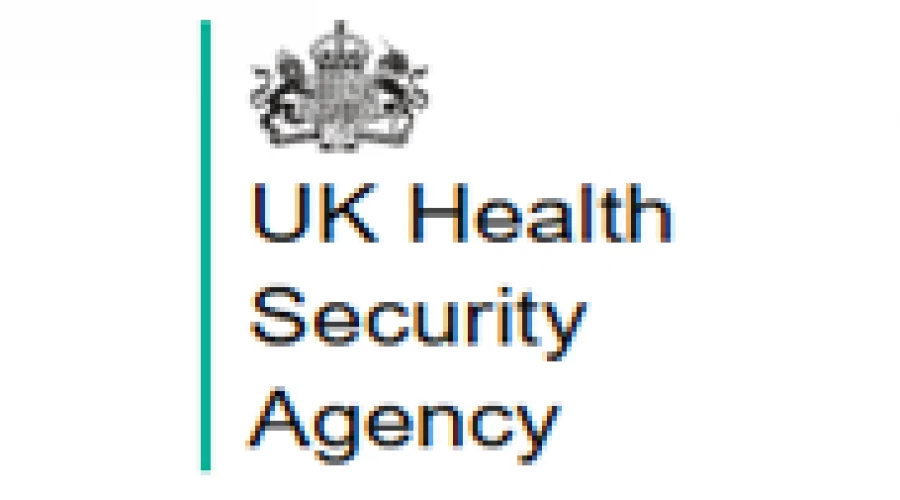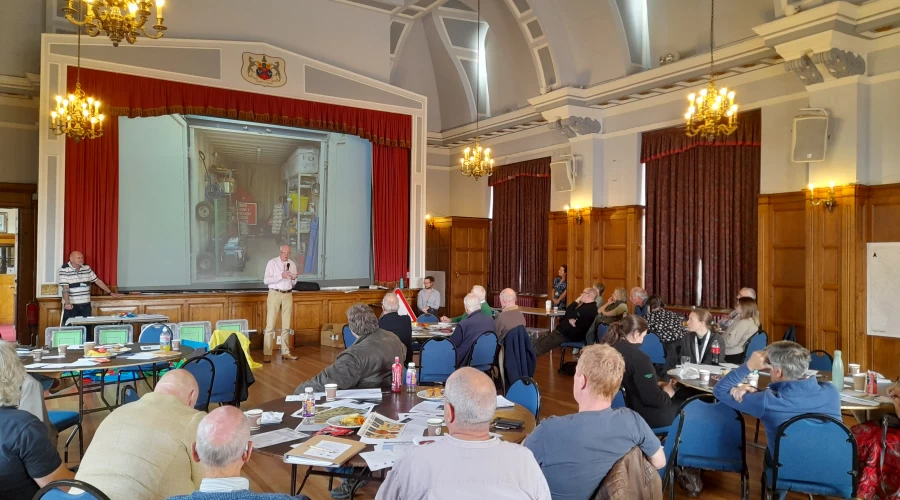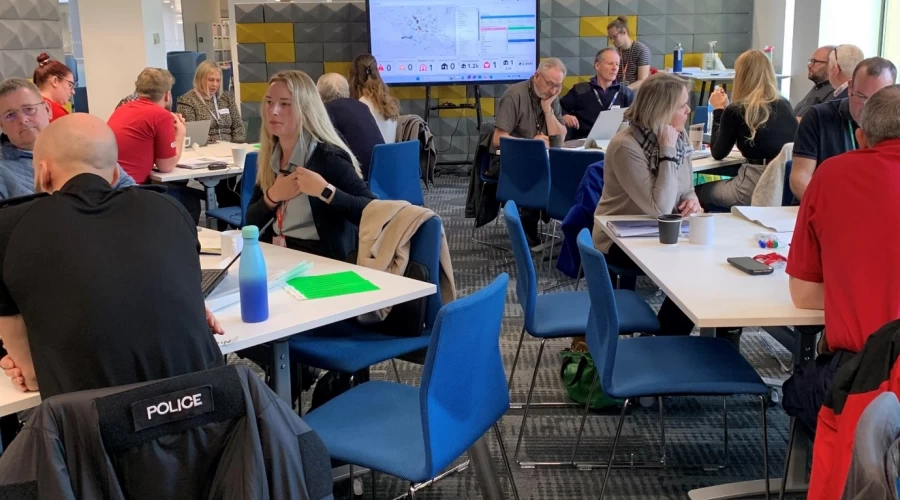Flood Wardens
Local Authorities and the Environment Agency support a network of Flood Wardens and Community Emergency Volunteers (CEVs) across the Wessex Area which covers Somerset, Wiltshire, Bath & North East Somerset, Bristol, South Gloucestershire and Dorset.
The volunteers help prepare communities to deal with emergencies, especially during the first critical hours of any community emergency. For many communities who have identified flooding as the main source of an emergency, the volunteers act as the flood warden.
Can you Help?
Many of our CEVs / flood wardens are in small villages and in towns and we are keen to expand the network into larger towns and cities. It is most likely that these volunteers will be linked to parishes, wards or existing community groups. If you are interested in finding out more or feel that you would be willing to become a CEV / flood warden in Wiltshire please contact the Environment Agency’s Flood Resilience Team who will be able to assist with more information, training, guides, templates and sign you up to receive our quarterly flood warden newsletter: floodwessex@environment-agency.gov.uk
If you are from the Swindon area and are interested in becoming a flood warden please contact: wiltshireandswindonprepared@wiltshire.gov.uk
How the scheme operates
The Flood Warden Scheme has proved to be a useful tool in the fight against flooding with the scheme continually growing. We have approximately 500 flood wardens throughout Wessex.
Even where there is no obvious risk, surface water runoff, sewerage discharge etc can all be mitigated by planning and local awareness. We encourage flood wardens to be officially recognised or even appointed by parish or town councils. This allows the flood warden to function under the public liability insurance of the council.
The role of the Environment Agency and local authorities is to act as the co-ordinators of the scheme, advising and supplying the flood warden with information, to assist them during times of flooding.
Flood wardens are a first point of contact for residents during a flood event and give advice and information during dry periods. Flood wardens are also the local response co-ordinators during times of flooding and are a conduit for dispensing information from the Environment Agency and emergency services to local residents, and vice-versa.
Related News

UKHSA - The invisible danger of carbon monoxide
>1m read
UKHSA Blog: The invisible danger of carbon monoxide

Wiltshire Council top tips
3m read
Top tips to shop sustainably and reduce waste this Christmas from Wiltshire Council
An essential part of this role is the production of the community flood plan, which outlines what communities are to do in the event of a flood. We offer full support in the creation of a flood plan. These can be carried out in collaboration with a community emergency plan with templates available here.
It is important to note that flood wardens complement the emergency services, not replace them. The efforts they make can prove vital in helping a community cope with a flood event but they do not replace the trained emergency services. The warden could be seen as offering “flood first aid” They should not place themselves or others in danger.




